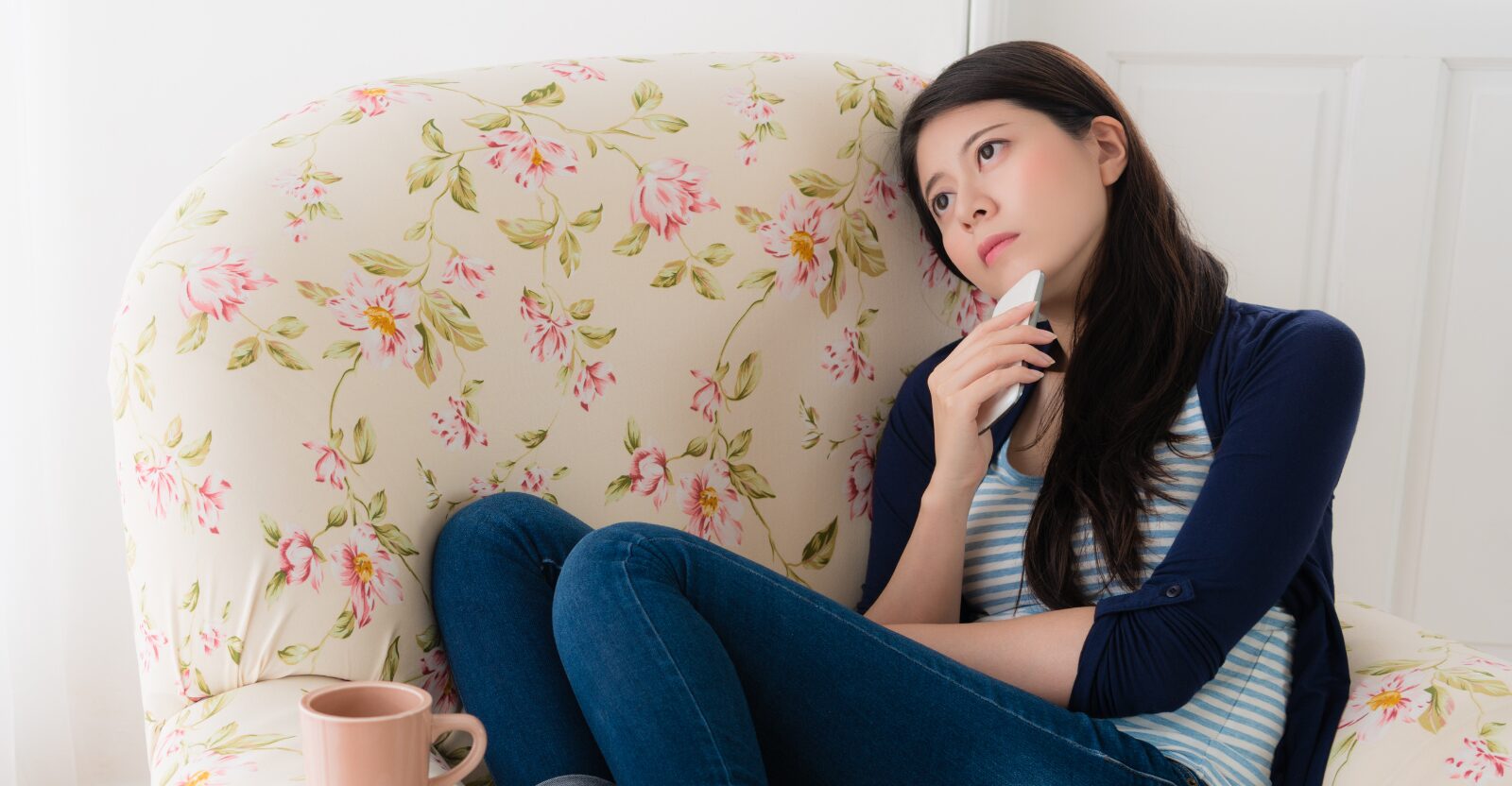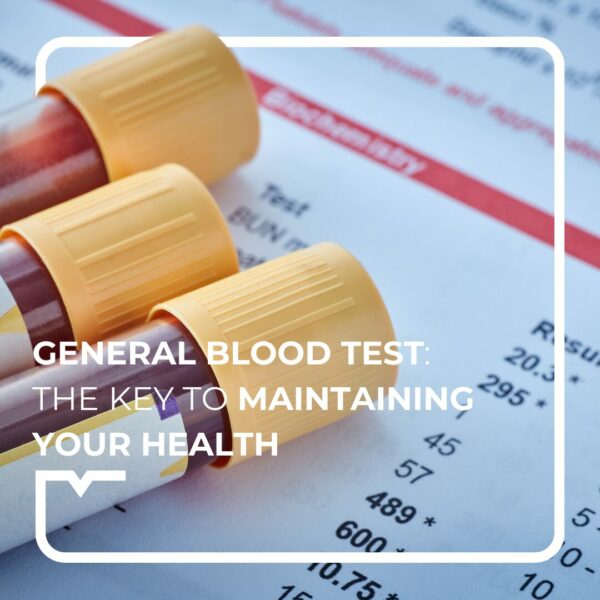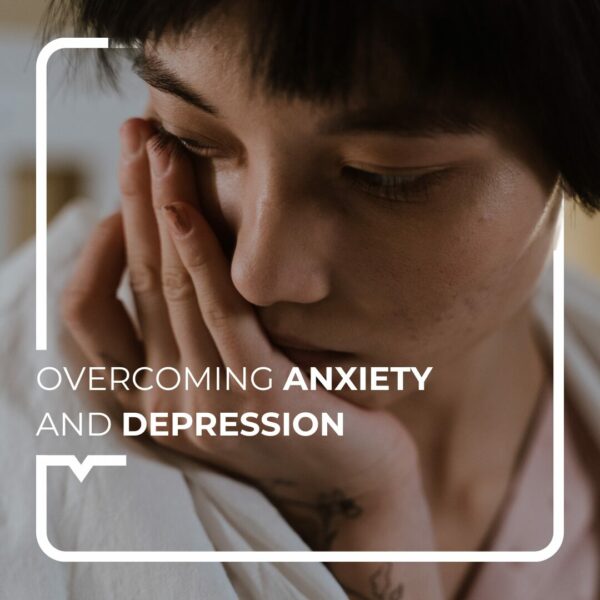Sofia spends an average of three hours a day on her social networks, scrolling through photos of her friends and commenting on the latest news. What started out as a way of having fun and keeping in touch with friends and family has become a habit that takes up a lot of her time. Yet, like 68% of social network users, Sofia is feeling increasingly anxious and dissatisfied with her life.
Olá, it’s Dr Joy! Today we’re talking about the impact of social networking on our health. So how can we find the right balance to enjoy their benefits without suffering their negative effects?
I – The causes
Several studies show a link between the use of social networks and the mental health of adolescents: the more time they spend on these platforms, the more their well-being deteriorates, with an increase in anxiety, depression and mood swings.
To better understand the impact of social networks, we need to look at how they are used, the type of activity they engage in and the type of content observed and shared.
II – The negative effects of social networks on health
a) Physical effects
- Poor quality of sleep : Using social networks before going to bed is associated with poorer sleep quality. The blue light emitted by screens disrupts the production of melatonin, the hormone that regulates sleep. What’s more, emotionally stimulating content, such as online debates or shocking videos, can make it difficult to fall asleep.
- Decreased concentration : Scrolling through social networks all day long blocks your brain as if it were at a standstill in front of your screen.Your concentration is so stimulated that it loses interest in the world around it: everything seems boring. You’re no longer able to concentrate for more than 10 minutes on more or less complicated tasks, and this can quickly ruin your life. Limiting your use of social networks and replacing this free time with a book will only be beneficial and will reverse the trend.
- Headaches and eye pain : Brightness, blue light, speed – your eyes suffer more than you think. It’s vital to pay attention to your vision to prevent it deteriorating and to avoid headaches. Choose anti-blue light glasses, and limit your daily consumption of screens.
b) Psychological effects
- Anxiety and depression : Spending a lot of time on social networks can contribute to anxiety and depression, especially in young people. Constantly seeing other people’s ‘perfect moments’ can lead to feelings of negative comparison and personal dissatisfaction.
- Addiction and wasted time : Excessive use of social networks can lead to a real addiction. Notifications, ‘likes’ and comments act as rewards for the brain, which can lead users to spend hours on these platforms, to the detriment of other important activities such as sleep, physical exercise or face-to-face interaction.
Social networking can have negative effects on health, particularly by contributing to anxiety and depression through comparison with others. Excessive use can lead to addiction, to the detriment of essential activities such as sleep and exercise.
III – Measures for using social networks in a healthy way
- Limit screen time : It is advisable to set time limits for using social networks to prevent addiction. Using applications that monitor screen time can help you stay aware of your consumption.
- Take regular breaks : Taking regular breaks is essential to avoid digital fatigue. Spending time away from screens, such as reading a book, doing sport or spending time with friends, is crucial to maintaining good mental health.
- Follow positive content : It’s important to choose the people and pages you follow on social networks carefully. Following accounts that inspire and bring well-being rather than negativity can make a big difference to the online experience.
- Be aware of social comparison : Remembering that what you see on social networks is often just a filtered and embellished version of reality can help reduce social comparison and its negative effects on self-esteem.
Social networks can have positive effects on health, such as providing social support and access to information, but they also carry risks, such as anxiety, depression and addiction.
The key is to find a balance between using them and other activities to maintain mental and physical health. By adopting healthy and conscious practices, it is possible to enjoy the benefits of social networks while minimising their negative effects.
If you’re experiencing difficulties, our therapist Claire Colson is available to help you through the process. Sophrologist, naturopath and hypnotherapist, Claire will give you the keys to taming and healing your addictions.
This information is not a substitute for medical advice. You must seek the advice of your doctor or another qualified health professional with any questions you may have regarding your health condition.
Sources :



